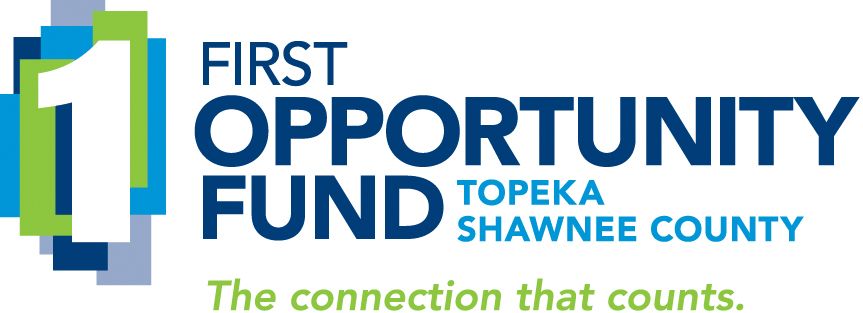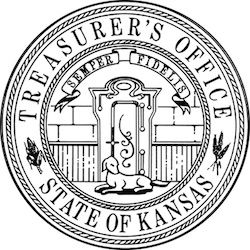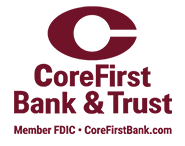Discussions about saving and investing for retirement are often emotionally charged for millennials. And whether the emotions are high or low, there seems to be little middle ground in a recent survey of the Banktastic National Millennial Advisory Board.
This board is comprised of nearly 400 diverse millennials across the United States. Our survey asked them where they are in their retirement journey, how confident they are in their choices, where they turn for advice and about their ability to retire at their desired age. This article summarizes their feedback and offers some ways marketers can bring appealing investment solutions to their millennial audience.
Where millennials are in their retirement journey
We asked the Banktastic board the status of their retirement journey. They answered:
9% I’m ahead
35% I’m on track
16% I’m not sure
34% I’m behind
5% I haven’t even started
“I don’t have a mindset,” said one. “It’s like fear, scared and avoid.” Another said, “I’m just trying not to drown at the moment.”
They’re not optimistic about retiring at their desired age: 24% are unsure, 15% are somewhat or very concerned and 11% say they don’t think they’ll ever be able to retire.
“Death is my retirement plan,” says one of the Banktastic board. Another said, “I have zero confidence I’ll ever be able to retire at all.”
That means approximately half (or more) of millennials can likely benefit from your offerings.
How financial marketers can help
Over half of Gen Y members need some guidance in their retirement journey. Consistently use your online banking app, social media and website to let millennial customers know that wherever they are in their journey, you can help.
- Regular quizzes and polls are easy ways to listen to their concerns and give direction to your content strategy. Divide information into beginner, mid-level and advanced categories that allow people to self-select what they want to learn.
- Build in downloadable forms or “text my quiz results” so you can capture their information and automate appropriate follow up with additional related content or generate a personal call from a banker or wealth advisor.
Where millennials turn for financial advice
Not surprisingly, millennials get advice from a number of sources to help with their decision making. Top choices are 1) family/friends, 2) financial planner, 3) online resources/research and 4) financial podcasts, TV shows and books.
17% said they get advice from their employer and only 6% said they get advice from a banker.
While Gen Z is more likely to take—and trust—financial advice they find on TikTok, millennials are more skeptical and say they’ll “trust but verify” or double-check against other sources. And that's good, because there's a lot of misinformation out there. Misinformation runs rampant.
Misinformation runs rampant.
How financial marketers can help
It’s not surprising millennials aren’t turning to bankers for advice. Most don’t do a good job of marketing their services to this important audience. Besides using your owned media to promote your services, co-promotional opportunities may exist:
- Since some are getting advice from their employers, bankers or investment professionals could offer financial education workshops through employers the institution already banks. It can be assumed those are trusted relationships, so the effort is win-win: the employer offers an added benefit to their employees, while you get face time with people you can help.
- Make an effort to watch the media your audience turns to for advice and consider ways to partner or sponsor. They say they embrace and listen to personalities and philosophies. Some of the most frequent answers were:
-
- Dave Ramsey (mixed reviews about Dave)
- Abundance Mindset
- FIRE and Fat FIRE
- Her First 100k
Thinking and talking about retirement is emotional for millennials
In our survey, their comments were emotional—even for those who said they’re on track—and fell mostly at opposite ends of the spectrum.
fear and uncertainty
There is much fear of market uncertainty, the state of the world and mistrust in the existence of Social Security. There’s also lack of confidence in themselves:
“I don’t have consistent tracking and routines re: my money and budgeting and have deep shame about it.”
“I am actually terrified of retirement because I am almost 38 and only have 20k in my retirement.”
“I am so confused and scared about retirement - so I am avoiding doing anything.”
“Things seem bleak.”
“With the current way the world and economics are changing I am finding it hard to have any certainty that even 20 years ahead of time there is knowledge of how this might all play out."
optimism and confidence
Another contingent of our board weigh in very differently. They feel confident and generally optimistic about their efforts toward the future.
“I feel good about the amounts I’m investing.”
“… easy, healthy, focus on people I love. It keeps me motivated.”
“I don’t check my balance regularly, but knowing I have it puts me at ease for now.”
“I’m a year or two away from my ‘Coast’ age - where I can stop contributing to my 401k safely…I’ll keep investing afterwards but I will be a lot more mentally relaxed about it.”
“Started early and currently putting a lot into retirement… 70 year old (me) will be proud.”
How financial marketers can help
Language matters. Don’t simply create a rosy picture of the future in your communications. Recognize that deeply personal feelings exist and address those feelings in education, marketing and online customer interactions.
- Make it clear that many Gen Y investors have fears—even self-imposed guilt—and that they are not alone. Even confident investors have worries, though to a lesser extent. Recognize that everyone’s journey can feel like a roller coaster.
- Let customers know you can be a resource for establishing small steps toward long term goals. Winning the small victories along the way helps people overcome feelings of overwhelm and lack of control while reinforcing good behaviors.
You have the opportunity to build their confidence
You likely have excellent wealth management prospects already in a relationship with your institution. Are you actively reaching out to them with reassurance, education and friendship? The opportunity to win their relationship hinges on being a listening ear throughout the highs and then answering their distinct needs.
For more educational content on answering millennial financial needs, read our article that first appeared in the American Bankers Association Marketing Journal: Millennial financial woes can inspire better bank products and marketing
And if you'd like help with a custom research study or a financial marketing program for millennial audiences, call Martha at 785.969.6203 or
Shoe photo credit: Mario Gough • Sign photo credit: Bruce Warrington on Unsplash

























